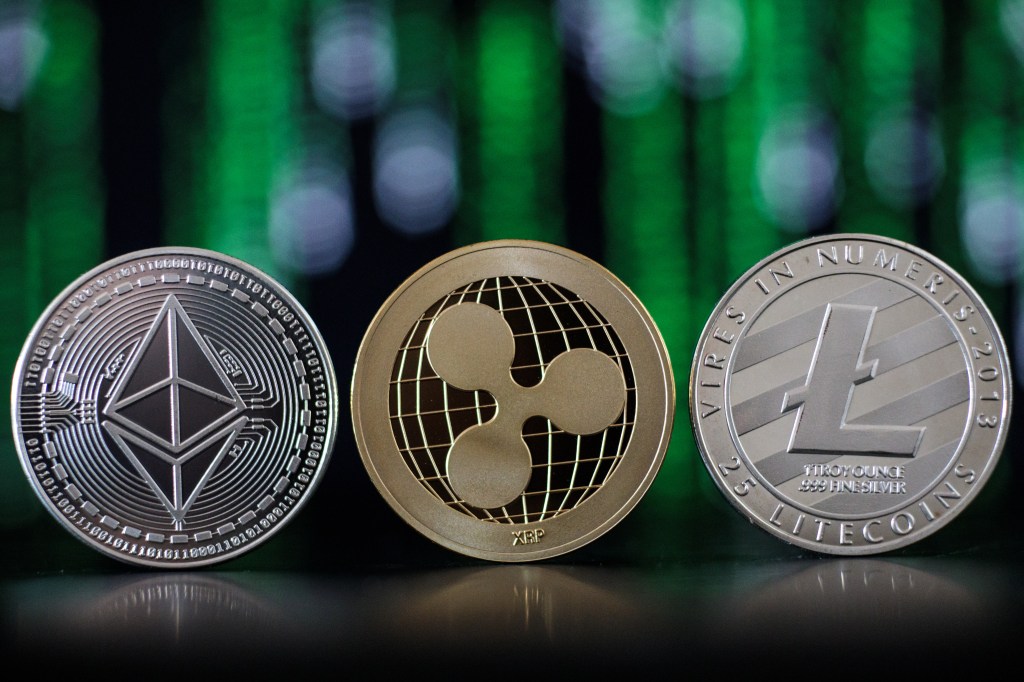Crypto.com is taking the American market regulator to court, fighting off its push to tag altcoins as securities — which would completely change how and where they’re traded.
The legal challenge is part of a bigger beef, with other crypto majors like Coinbase and Ripple joining the pushback over what they say is regulatory overreach.
If the Securities and Exchange Commission gets its way, it could reshape the world of crypto trading. Services like Crypto.com would face far stricter rules:
- Certain tokens would be delisted or there’ll be fewer platforms where you can trade them
- More regulations can also mean more costs. Exchanges could start charging higher fees or blocking access to certain tokens.
Until there’s a clear decision — and there is a lot of beefing between the SEC and crypto firms rn — investors are in limbo. That’s making it harder to trade altcoins (basically any cryptocurrency that’s not a Bitcoin.)
Take Cronos, the native token of its namesake blockchain, which was developed and run by Crypto.com. It fell as much as 4.7% after Crypto.com announced its lawsuit on Wednesday.
In June last year, the SEC said that at least 68 tokens should be classified as securities. Cardano, Solana and Binance Coin all fell by 7% to 9% after being labeled securities in the SEC lawsuits.
What are you?
That’s a trillion-dollar question.
Bitcoin and Ether are considered commodities by the commodities regulator. That means they’re treated like gold or oil because they’re fungible, which means each unit is interchangeable with another, and their value is derived from nothing more than demand and supply on the open market.
Other cryptocurrencies, like Solana and Cardano, are in a gray area. The SEC says that they and a lot of others should be classified not as commodities but as securities, which means they’ll be regulated like stocks.
The SEC is basing its argument on something called the Howey Test, which goes like this: If you buy an asset expecting to make a profit because of someone else’s work — like a developer building up a token’s value — it’s classified as a security.
That means these tokens, according to the regulator, are tied to the work of a company or a team, and investors expect to make profits from that effort. But firms like Crypto.com argue that decentralized tokens like Solana and Cardano should be treated like the big cryptocurrencies — Bitcoin and Ether.
What next?
Right now, cryptocurrencies trade on platforms like Crypto.com with fewer restrictions.
That means they’re easy to buy and sell, and the exchanges don’t have to follow strict disclosure and other rules that apply to stocks, which is part of crypto’s appeal. But if a token is officially labeled as a security, it would face tighter regulations.
The Crypto.com case will take a while to play out, but it could set the tone for how other cryptocurrencies are regulated in the future.
So keep an eye on which platforms and tokens are in the SEC’s crosshairs and understand that the outcome of the Crypto.com case (and others) could affect everything — from where you trade to how much you pay.






